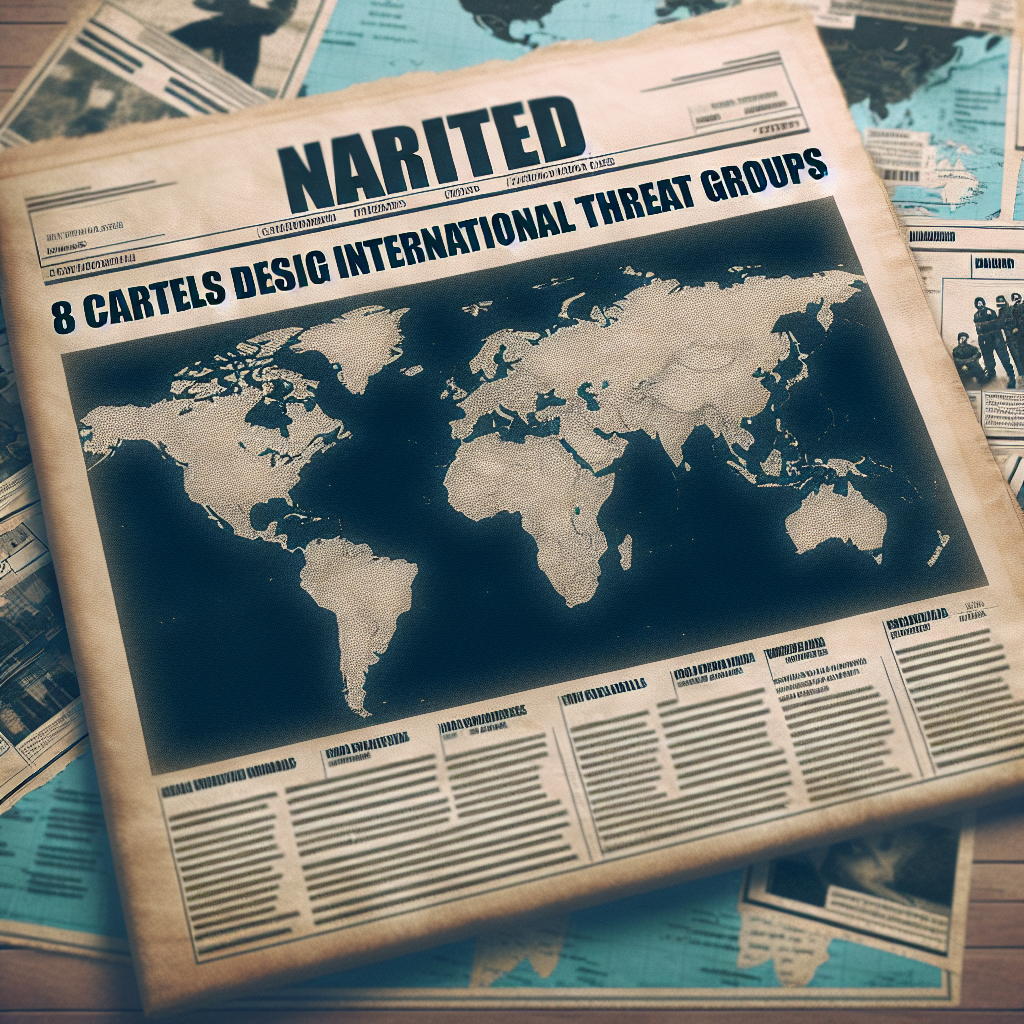U.S. Designates 8 Latin American Cartels as ‘Foreign Terrorist Organizations’
U.S. Designates 8 Latin American Cartels as ‘Foreign Terrorist Organizations’
Overview
The United States has taken a significant step in its fight against drug trafficking and organized crime by designating eight Latin American cartels as ‘Foreign Terrorist Organizations’ (FTOs). This move aims to enhance the U.S. government’s ability to combat these groups and curb their influence both domestically and internationally.
Key Details
- Designation Purpose: The FTO designation allows the U.S. to impose stricter sanctions, freeze assets, and prosecute individuals associated with these cartels more effectively.
- Targeted Cartels: The list includes some of the most notorious and powerful drug trafficking organizations operating in Latin America.
- Impact on Operations: This classification is expected to disrupt the cartels’ financial networks and limit their operational capabilities.
Implications for U.S. and Latin America
The designation is likely to have far-reaching implications for both the U.S. and Latin American countries:
- Enhanced Cooperation: The move may foster greater collaboration between the U.S. and Latin American governments in tackling organized crime.
- Increased Pressure: Cartels will face heightened pressure as law enforcement agencies ramp up efforts to dismantle their operations.
- Potential Backlash: There is a risk of retaliatory violence from the cartels, which could impact regional stability.
Conclusion
The U.S. designation of eight Latin American cartels as ‘Foreign Terrorist Organizations’ marks a pivotal moment in the fight against drug trafficking and organized crime. By leveraging this classification, the U.S. aims to disrupt the cartels’ operations and strengthen international cooperation. However, the move also poses challenges, including potential retaliatory actions and the need for sustained diplomatic efforts to ensure regional stability.

































